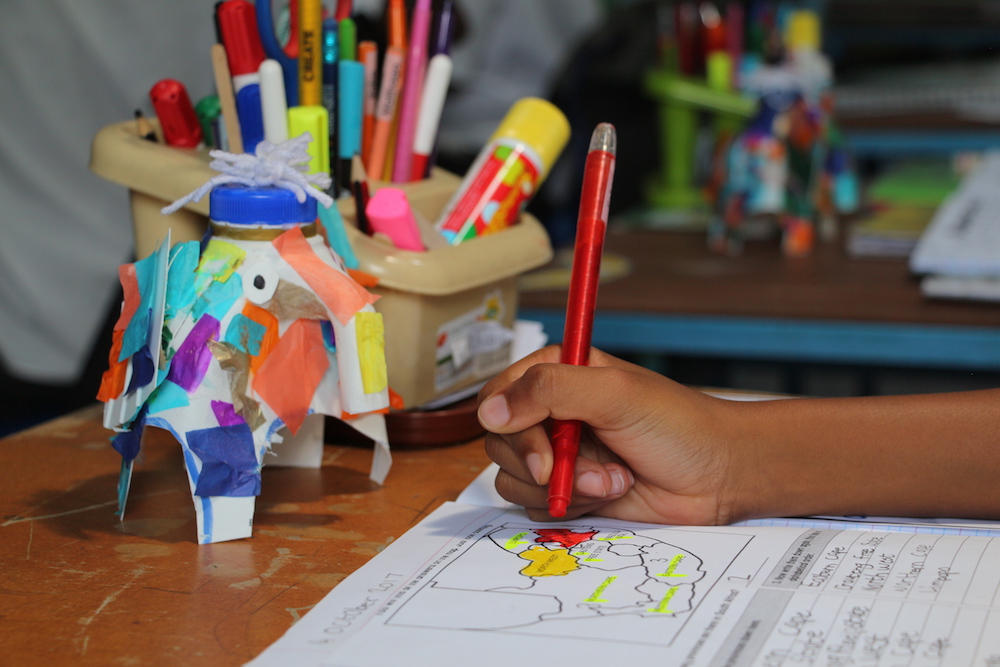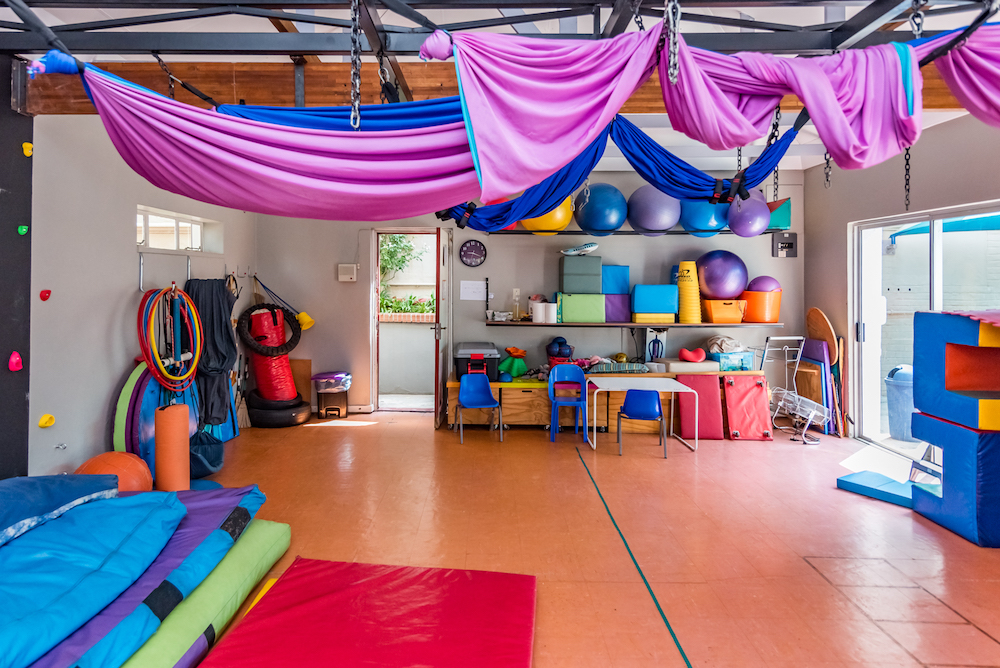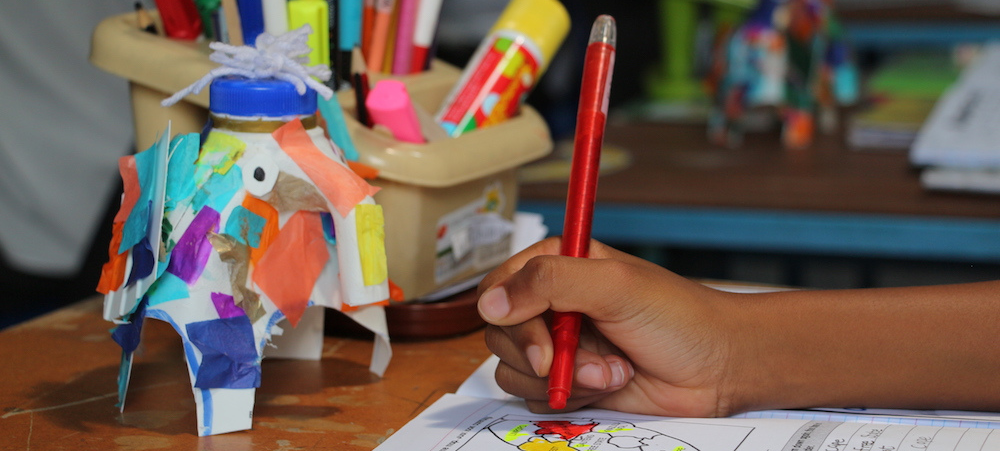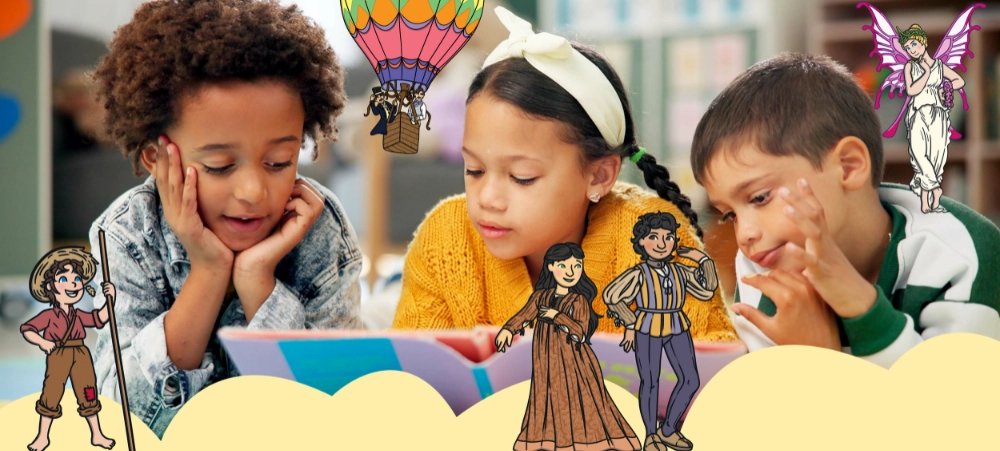It’s easy to say that you must have reasonable expectations of your child, but what is “reasonable”? In this day and age and particularly in South Africa, we have been conditioned to believe that there is only one path to success, and that our children need to have academic talents at all cost. But not all of us are programmed to fit into the imposed mould, nor should we be.
The human brain has natural variations. Many learning difficulties (in a traditional education system) are as a result of these neurological differences. However, society is coming to realise that ADHD, Autism, Dyslexia and more, are not defects or disorders but are natural variations of the human brain. Neurodiverse individuals may have unique ways of thinking, learning and processing information.

Traditionally, neurodiversity has been looked at in the framework of a medical model. This is a deficit model, assessing what is not ‘normal’ or typical, and going about trying to replace that deficit. There is now a move towards viewing neurodivergent (and all children) through a more psycho-social lens, focussing rather on the individual with their own profile of strengths and challenges. Through this lens we are better able to understand our children as individuals and feed their talents while understanding that their contribution to the world may not take the traditionally dictated form.
Medical evaluations and therapeutic assessments still provide valuable information, allowing us to work as a team to approach how best to nurture the child in our care. Team collaboration is essential. It determines where to focus intervention and plans strategies to implement for adapting and accommodating educational input, giving the child an equal opportunity to learn as any other. E.g., If a child cannot read despite schooling and therapeutic input, they may be diagnosed with dyslexia. This diagnosis is essential, not to condemn a child into a world without literacy, but rather to mobilize the team involved to activate methods, other than only reading, to facilitate learning. Intervention may still involve developing literacy as far as possible, but the more impactful intervention would be introducing compensatory strategies like using technology to assist with reading or ensuring that there are accommodations for school testing.
Reasonable expectations can only be achieved with observation and continuous evaluation of what strategies work for the child. E.g., If a child is autistic and battles with communication, a teacher would need to continuously assess the tasks being assigned (group work vs individual etc.) so as not to disadvantage the learner. Behaviour and progress are naturally monitored to determine the efficacy of the strategies put in place. When interventions are optimal, to ensure every opportunity is being given for learning to happen, it is possible to identify areas of strength, and potential areas of significant delay, both of which should be addressed. If accommodations are made and the learner is still unable to meet the requirements of the curriculum, then a different learning path may need to be considered.
Parents play a significant role in a child’s overall development and academic achievements. Setting realistic and achievable goals fosters a positive learning environment, reduces stress and promotes healthy wellbeing, where children feel supported and are encouraged to explore their potential without fear of failure. Confidence and self-worth are directly related to experienced success which also leads to a positive cycle of motivation and achievement in life-long learning.
Every child is unique, and their academic journeys may vary. Fostering curiosity, creativity and personal development are vital to encouraging a love of learning. However, an understanding of learning potential should not be limited to an academic framework. There are numerous avenues of learning that take place throughout development including physical, psychosocial, and cognitive development. Cognition is the acquisition, processing, storage and use of information and allows individuals to understand the world, solve problems, make decisions and to interact effectively with their environment. Cognitive development is not restricted to academic education.
If a child is not coping in an academic setting despite accommodations and adaptations, non-academic education may be an option. Non-academic learning refers to skills not typically associated with formal academic settings. It encompasses a wide range of practical knowledge, vocational and personal skills. Academic and vocational education are distinct types of learning that differ in terms of content/curriculum, focus, training and ultimate goals, however both address the development of cognition in the learner.
Whether learning takes place in an academic or non-academic format, there are helpful and potentially harmful considerations to be had. When content and method of learning are challenging but not inappropriate, developmental and not unreasonable, graded but not anxiety provoking and motivating or interest related not prompting recurring unwanted behaviours, academic expectations of your child are more likely to reasonable and attainable.

To make sure your expectations are reasonable, there are a number of things a parent can do.
- Work with your team – it’s a process.
- Be consistent in your execution of agreed upon strategies.
- Restrain your frustration – it causes anxiety in your child.
- Recognise limitations – but challenge appropriately.
- Use your child’s passions for progress.
- Be open to suggestions.
- Celebrate the child you have, with all their gifts and challenges.
You know your child better than anyone – be a part of the team.
Written by: Dana Altini
- When to Push My Child and When to Step Back - March 18, 2024
- Benefits of Including STEM into the Classroom - March 5, 2024
- The Role of Parents in the Education of Special Needs Children and Fostering a Collaborative Approach - February 21, 2024





